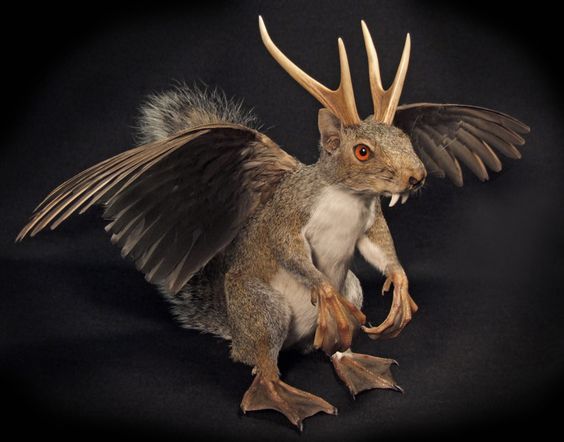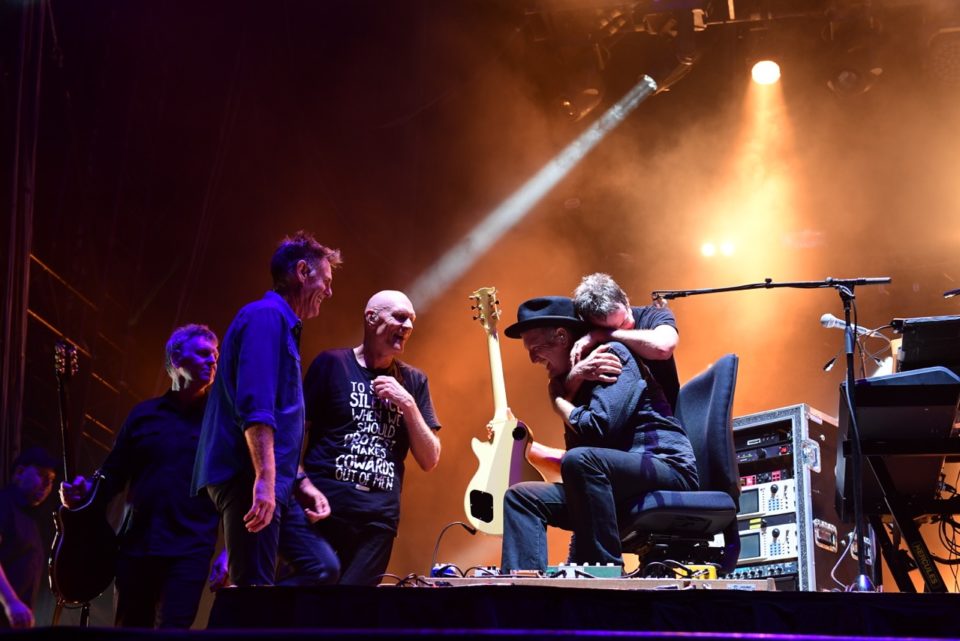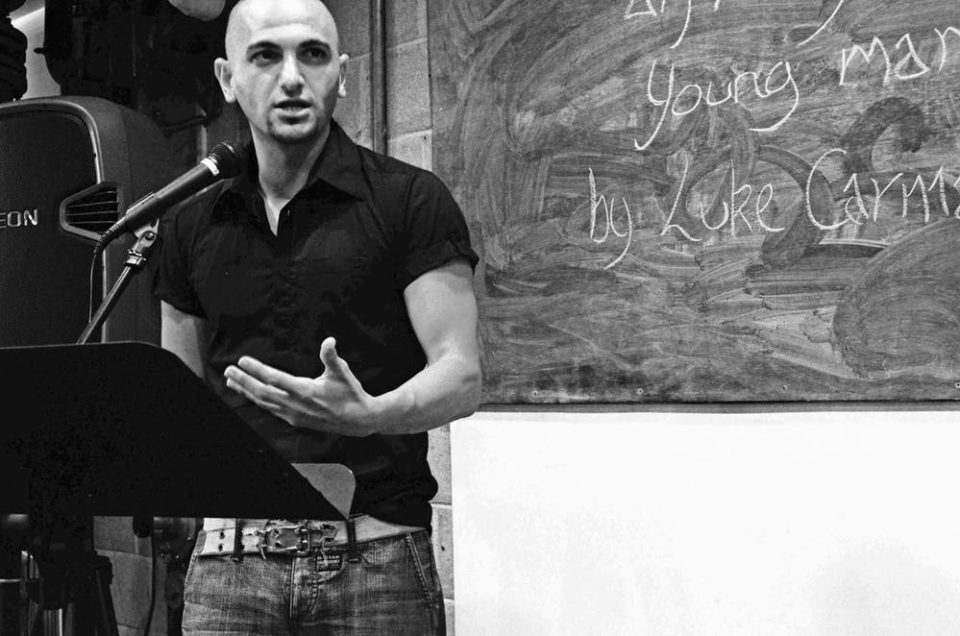Arriving in Munich to trek the Black Forest I found myself with a day in the city to spare. As it was a Sunday, almost everything was closed. Except for the Hunting and Fishing Museum. With little to do I paid the fee and stepped inside to discover a frozen world of deer and mountain goats, eagles and wolves in glass coffins. There is a reason the words museum and mausoleum share such close etymology.
In a small room tucked away upstairs behind a tattered red curtain, I discovered the realm of the wolpertinger. Native to Bavaria, the wolpertinger is a species of small-horned mammal belonging to the same family as the North American jackalope and the Thuringian rasselback. Known for its extravagant taxonomy, antlers are common, as are fangs, feathers, hooves and scales.
So strange is its appearance, you’d almost doubt its existence if it weren’t for the authority of the plaque on the wall reassuring you of the creature’s providence. In fact, the wolpertinger is a fiction, a mythical beast sprung straight from Germanic folklore. And yet here one was, right in front of me. A creature that should not be, but somehow was. And in this moment there were two explanations: the rational and the irrational; a joke dreamed up by taxidermists run riot, or something else, far richer, and stranger. The wolpertinger invited me to play a game. A game of make believe. And right then and there, I accepted its offer.
My latest work on at Griffin Theatre isn’t really a play. Plays are performed on stages, in front of a seated audience. In Exclusion Zone, performers and audience members alike leave the safety of the theatre and its neat divisions far behind. Roles become increasingly blurred, so that it’s difficult to distinguish who is who, what is real and what is not. Until it’s hard to say when fiction begins and reality ends.
Part walking tour, part immersive performance and part game, Exclusion Zone presents an expedition into the heart of Kings Cross, inviting audiences out of their seats and into the streets under the watch of a deeply unreliable narrator. Inspired by the classic Andrei Tarkovsky film, Stalker, participants join a night-time reconnaissance mission into ‘the zone’ – a shifting fantastic, a bright bubble of chaos recently erupted in the city.
Here, they are tasked with collecting samples, taking readings and looking for evidence of events which have no natural explanation.
As the journey continues, events grow stranger and the expedition leader’s own mind starts to fragment. Participants must choose for themselves how much they can rely on his word – and whether they may be better off striking out on their own.
I’m fascinated by uncertainty in all of its forms and what it might do to a story when we open the door to chaos, just a little.
Exclusion Zone is influenced in part by a long-ago, late-night encounter, precipitating a slippage between worlds – my own first experience of the fantastic.
She stood under a streetlight, waiting for me. I was in Camperdown, walking home from the Bank Hotel. It was late. Coming down Australia Street, I saw her at the bottom of the hill: a woman in a nightdress, like a sentry, in the middle of the road. Even at a distance I could tell there was something wrong. The stillness of her, arms hanging slack by her sides, eyes that seemed to look right through me.
And just like that, the hairs on my neck began to dance, and my heart began to stutter and skip, as an ancient alarm, long forgotten, roared to sudden life. As I grew closer, her features grew clearer: a woman in her sixties, hair hanging down like water-weed, her body swaying slightly, mouth open, eyes blind. That’s when I heard her too. This low, guttural, moan.
I considered diverting down a side street, or even backtracking the way I’d come. I knew this fear was irrational, and there was a logical explanation, and yet with every step closer my body screamed no. Heart bucking in my chest, I approached her, ready to bolt at the first sign of danger, as soon as her head twisted around, or she began to levitate, or to crabwalk towards me.
She was sleepwalking.
The door to her house stood open. I stood with her a few minutes, trying to decide what to do, whether to wake her, and then she grunted and headed back inside. Describing the story now it’s easy to laugh but I won’t soon forget that cold, clammy hand which squeezed my heart at the time.
The Russian theorist, Tzvetan Todorow refers to episodes like this as uncanny: disconcerting, seemingly supernatural events, which ultimately have a rational explanation. They might have irrational explanations too, flirting with plausibility before exploding it.
This is the realm of myths and fairy tales – or what Todorow calls the marvellous. There is another realm as well, between the uncanny and the marvellous. The Fantastic offers no answers, rational or otherwise, lingering in the moment of indecision, of hesitation, in the split-second of doubt.
Exclusion Zone is a night-time journey into this moment, this feeling of uncertainty. It invites you to suspend disbelief for an hour and linger in this liminal state between the question and the answer. It attempts this by seeking to make a world long familiar, strange again, by flirting with the fantastic, forcing audiences to question their perceptions and see the world of Kings Cross anew.
The German poet, Novalis, said: “Chaos in art should shimmer through the veil of order”. Chaos means uncertainty, and uncertainty describes the unreliable, the indefinite and unknown. Art, then, is a journey from the known to the unknown, from the centre of our certainty to the edge of our maps.
I hope to see you there. Come get lost in the Cross. But be warned. Here be monsters.
Exclusion Zone: an Unreliable Walking Tour runs for four nights only from 25 to 29 April. Presented by Griffin Theatre as part of its inaugural Batch Festival. Shows start at 7pm and last an hour. Information and tickets here.






